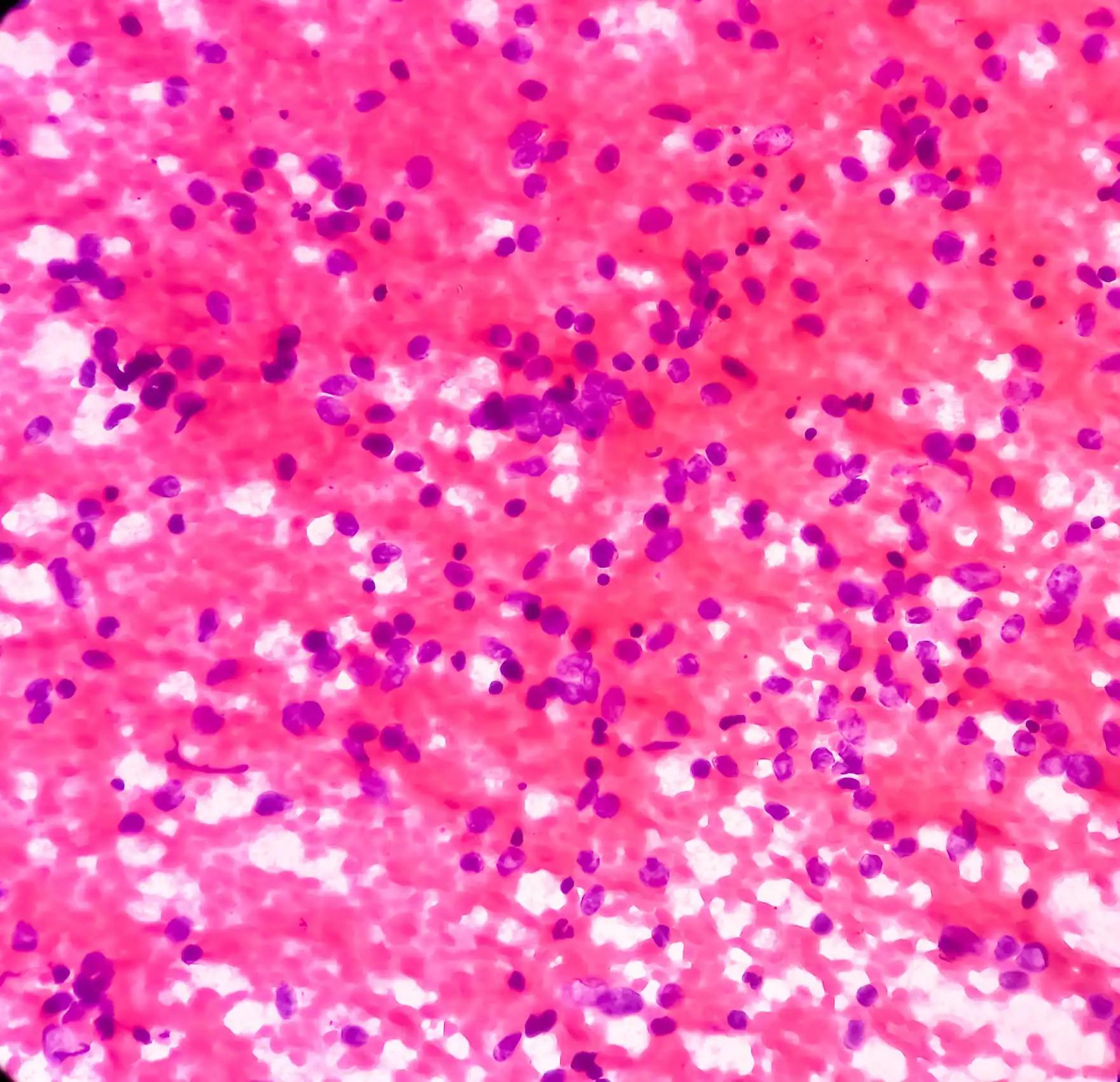KEY TAKEAWAYS
- The study aimed to develop a NAD+ metabolism-related biomarkers for predicting prognosis and guiding therapy in patients with GC.
- Researchers noticed that 7 NAD+ metabolism markers enhance GC prognosis and treatment prediction.
Gastric Cancer (GC) is a global cause of cancer-related deaths, with over 1 million new cases and 769,000 deaths in 2020. Its subtle onset complicates early detection, often leading to advanced-stage diagnosis. Effective biomarkers and predictive models are essential for improving prognosis and treatment strategies.
Yu Xing and her team aimed to develop nicotinamide adenine dinucleotide (NAD+) metabolism in GC to establish a theoretical basis for prognosis and therapeutic strategies for patients with GC.
They 1 identified differentially expressed NAD+ metabolism-related genes (DE-NMRGs) by comparing GC and paraneoplastic tissues. Using the gene set variation analysis (GSVA) algorithm, they divided patients with GC into high and low-score groups for further differential expression analysis.
The intersection genes from DEGs1 and DEGs2 were analyzed with univariate Cox and most minor absolute shrinkage and selection operator (LASSO) regression to find prognostic genes for a risk model. They also conducted enrichment and immune infiltration analyses on the risk groups and validated the prognostic genes with qRT-PCR.
The results showed that they identified DE-NMRGs involved in NAD biosynthesis, with 7 genes (DNAJB13, CST2, THPo, CIDEA, ONECUT1, UPK1B, and SNCG) showing prognostic significance in GC. They then constructed a prognostic model where the risk score from these gene expressions and gender predicted patient outcomes in GC.
Enrichment analysis linked high-risk patients to synaptic membrane pathways and low-risk to the CMG complex pathway. Tumor immune infiltration analysis correlated risk scores and immune cell abundance. qRT-PCR confirmed the upregulated expression of these genes in GC tissue samples.
The study concluded that seven NAD+ metabolism-related markers were identified, significantly advancing the development of prognostic molecular biomarkers and enhancing clinical prognosis prediction for patients with GC.
The study was funded by Tianjin Key Medical Discipline .
Source: https://pubmed.ncbi.nlm.nih.gov/39099656/
Xing Y, Zhang Z, Gao W, et al. (2024). “Immune infiltration and prognosis in gastric cancer: role of NAD+ metabolism-related markers.” PeerJ. 2024 Jul 31;12:e17833. doi: 10.7717/peerj.17833. PMID: 39099656; PMCID: PMC11297443.



